One-on-One Coach - Managerial Meeting Enhancement
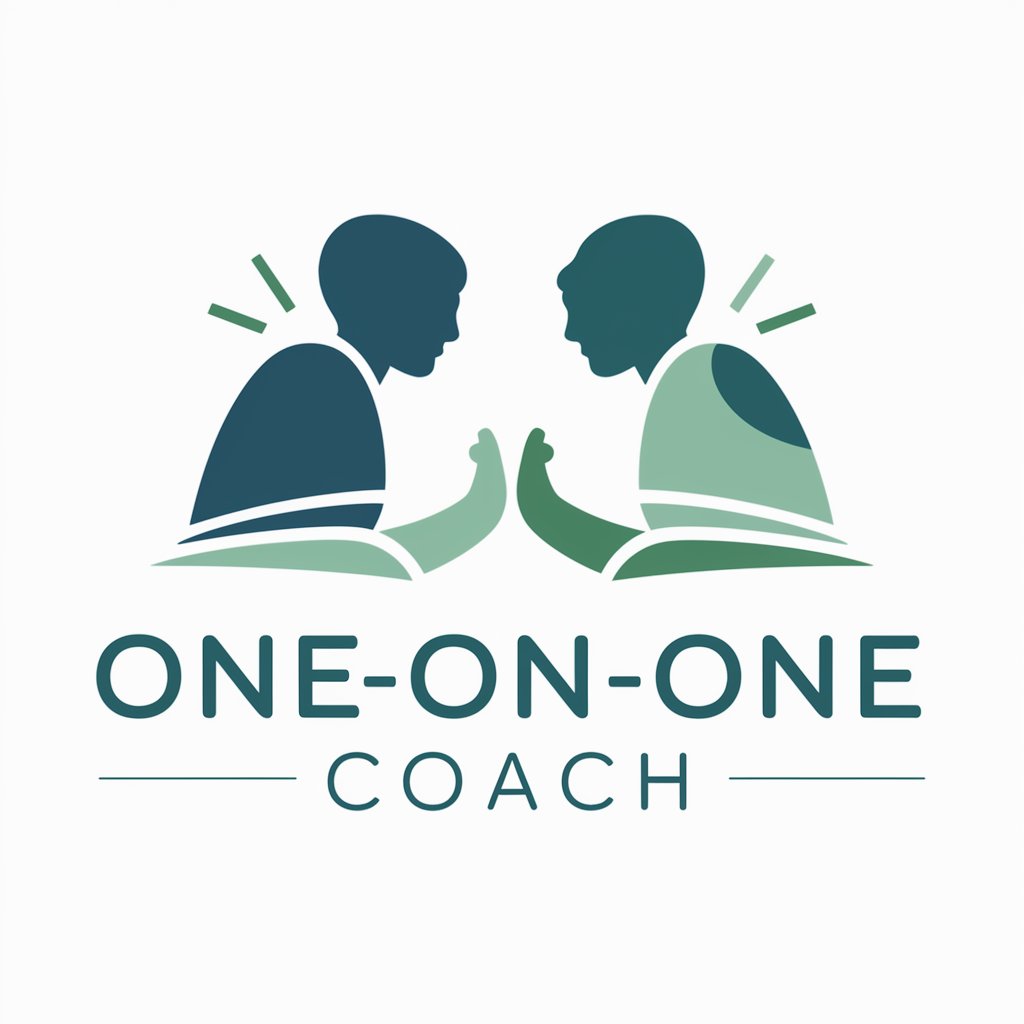
Welcome! Let's enhance your one-on-one meetings.
Elevate One-on-Ones with AI-Powered Insights
How can I help you improve your one-on-one meetings?
What are your main objectives for your upcoming one-on-one?
Can you describe a recent one-on-one meeting and its outcomes?
What challenges are you facing in your one-on-one meetings?
Get Embed Code
Understanding One-on-One Coach
One-on-One Coach is designed to enhance the effectiveness of one-on-one meetings between managers and their staff by providing guidance on conducting impactful conversations. Its primary goal is to ensure that these interactions are centered around key issues, fostering an environment of open communication and mutual respect. This involves advising managers on how to ask meaningful questions, interpret responses thoughtfully, and engage in active listening to understand the needs and concerns of their employees. For example, a manager preparing for a one-on-one meeting can use One-on-One Coach to formulate questions that encourage employees to open up about their challenges, aspirations, and feedback on workplace dynamics. The coach also offers strategies for setting clear objectives for the meeting, ensuring that both parties leave with a shared understanding of the next steps. Powered by ChatGPT-4o。

Core Functions of One-on-One Coach
Guidance on Questioning Techniques
Example
Advising managers on crafting open-ended questions that prompt detailed responses, rather than simple yes/no answers.
Scenario
In a scenario where a manager needs to understand an employee's perspective on a new project assignment, One-on-One Coach might suggest asking, 'What are your initial thoughts on the project scope and how do you see your role evolving within it?' instead of 'Are you okay with the new project assignment?'
Active Listening Strategies
Example
Providing techniques for managers to listen actively and empathetically, ensuring they fully understand the employee's viewpoint.
Scenario
During a one-on-one meeting, a manager might be advised to reflect back what they've heard, such as, 'It sounds like you're saying you need more resources to meet the project deadline. Is that correct?' This ensures the employee feels heard and understood.
Setting Meeting Objectives
Example
Helping managers define clear, actionable objectives for each meeting to ensure it's productive and focused.
Scenario
One-on-One Coach might help a manager outline objectives like, 'Identify barriers to the employee's project progress and discuss potential solutions,' ensuring the meeting has a clear purpose and direction.
Who Benefits from One-on-One Coach?
Managers and Team Leaders
These individuals benefit from using One-on-One Coach by learning how to conduct more effective one-on-one meetings with their team members. This can lead to improved team performance, better understanding of employee needs, and enhanced managerial skills.
HR Professionals
HR professionals can use One-on-One Coach to train managers within their organization on how to conduct meaningful one-on-one conversations, fostering a culture of open communication and continuous feedback within the company.
Small Business Owners
For small business owners who often wear many hats, using One-on-One Coach can help streamline communication with employees, ensuring that limited time is used effectively to address key issues and support staff development.

How to Use One-on-One Coach
Start Your Journey
Access One-on-One Coach by visiting yeschat.ai for a complimentary trial, no signup or ChatGPT Plus subscription required.
Identify Your Needs
Consider the specific challenges or objectives you have for your one-on-one meetings. This could range from improving communication to setting clearer goals.
Engage with the Coach
Pose your questions or describe the scenarios you're facing. The more context you provide, the more tailored the advice will be.
Implement the Advice
Apply the strategies and questions suggested by the coach in your next meetings. Note the changes in dialogue quality and goal alignment.
Reflect and Adjust
After your meetings, reflect on what improvements were made and what could be done differently. Adjust your approach based on staff feedback and continue to consult the coach as needed.
Try other advanced and practical GPTs
Adopera en hållplats
Empower your commute with AI

"Spør ingeniør"
Empower Your Projects with AI Insight
Ståndsriksdagsreportern
Unlocking Historical Insights with AI

오형수 GPT
Empowering travel insights with AI

Reklameveilederen
Empower Your Ads with AI

Mikrotekst
Crafting Clarity with AI-Powered Microcopy
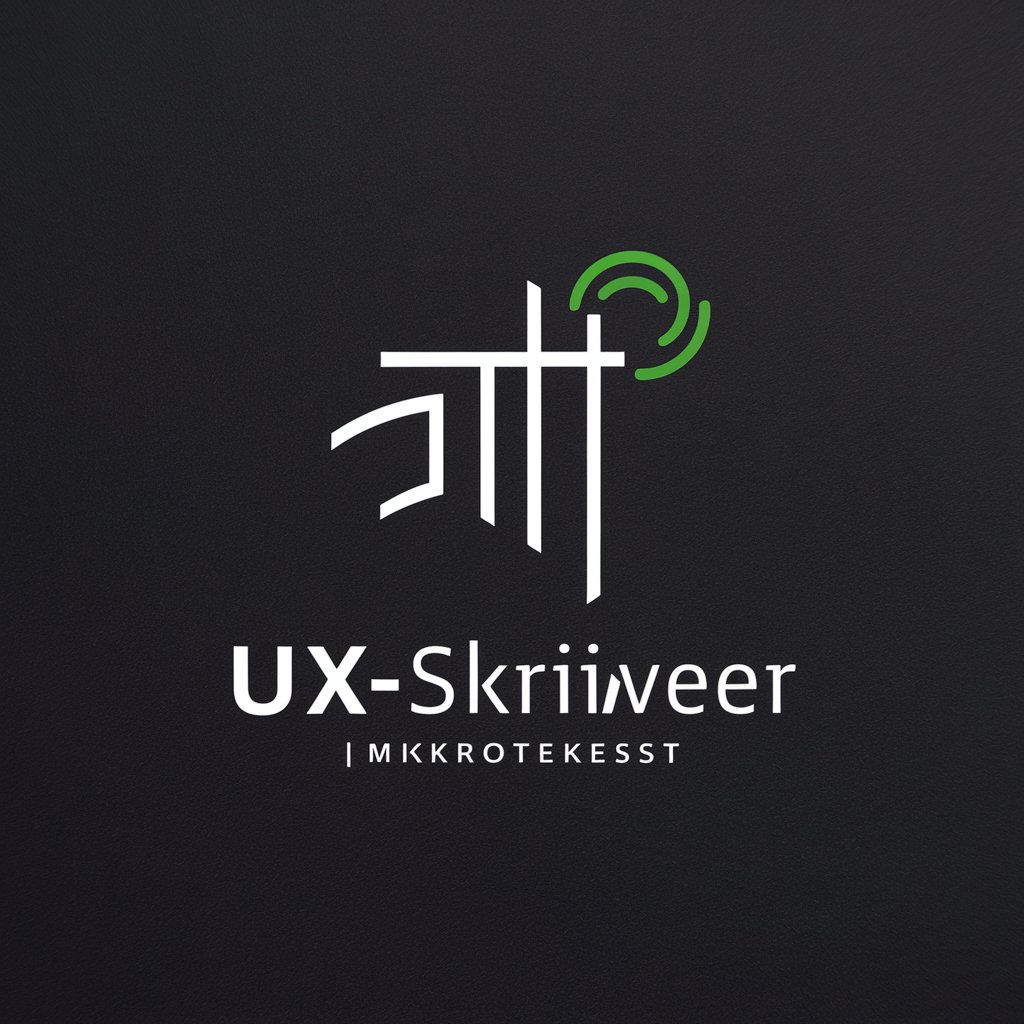
Doorstroomtoets-GPT
AI-powered Exam Mastery
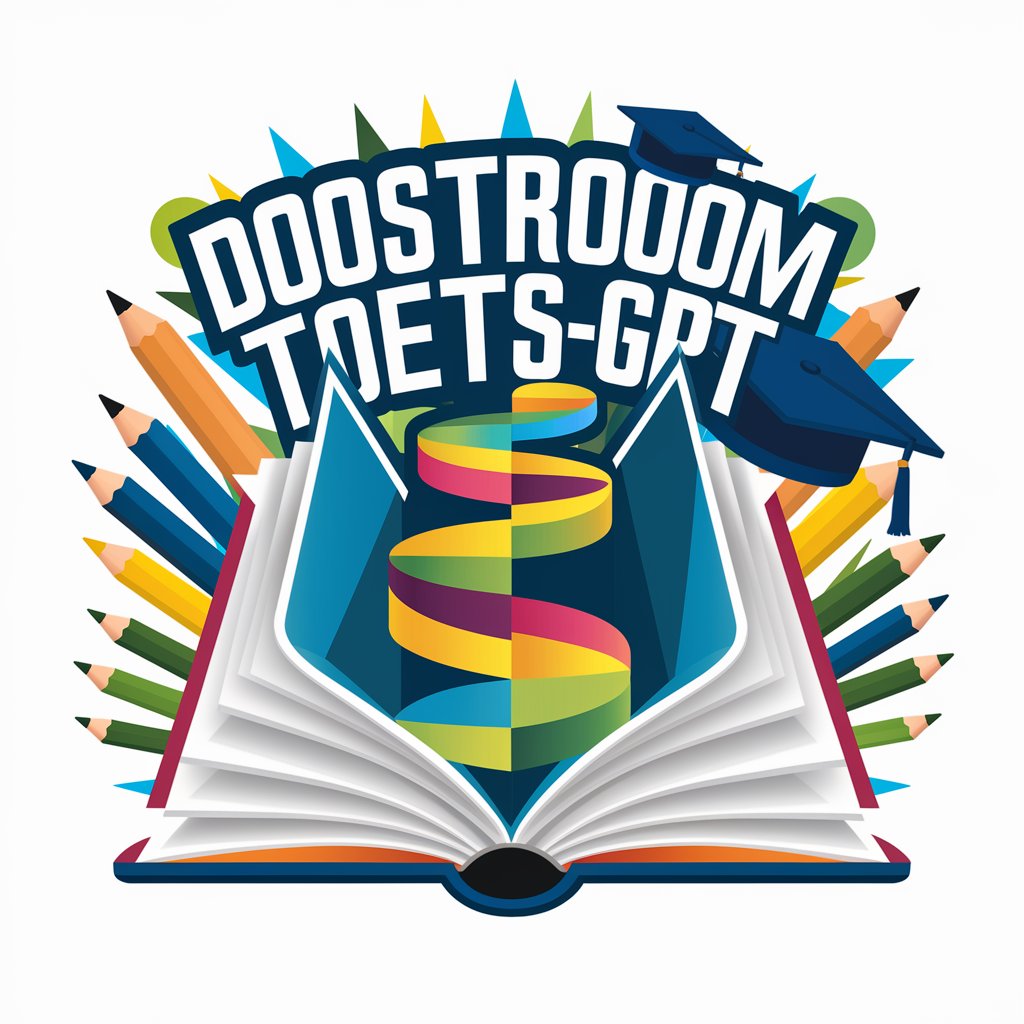
JobSeeker
Empowering Your Job Search with AI
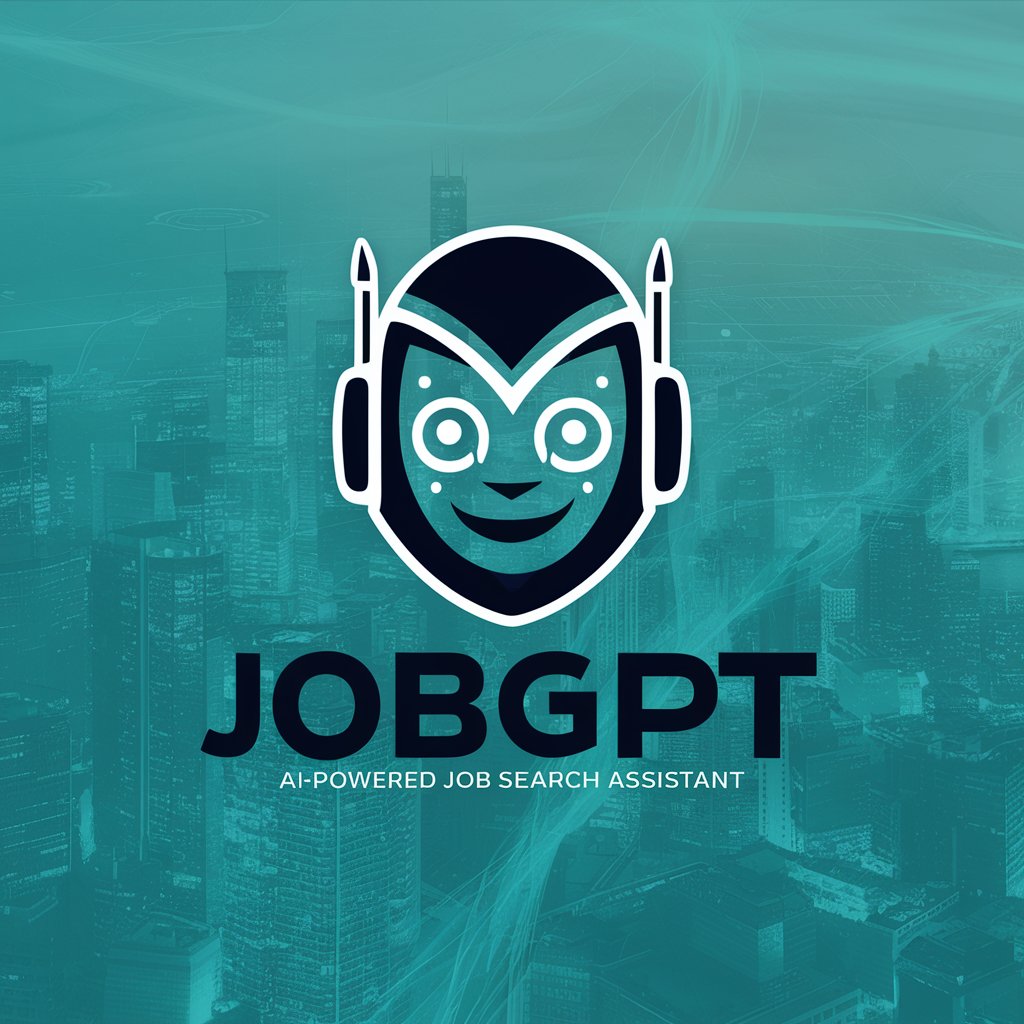
The Workshop Wizard
Tailoring Your Workshop with AI
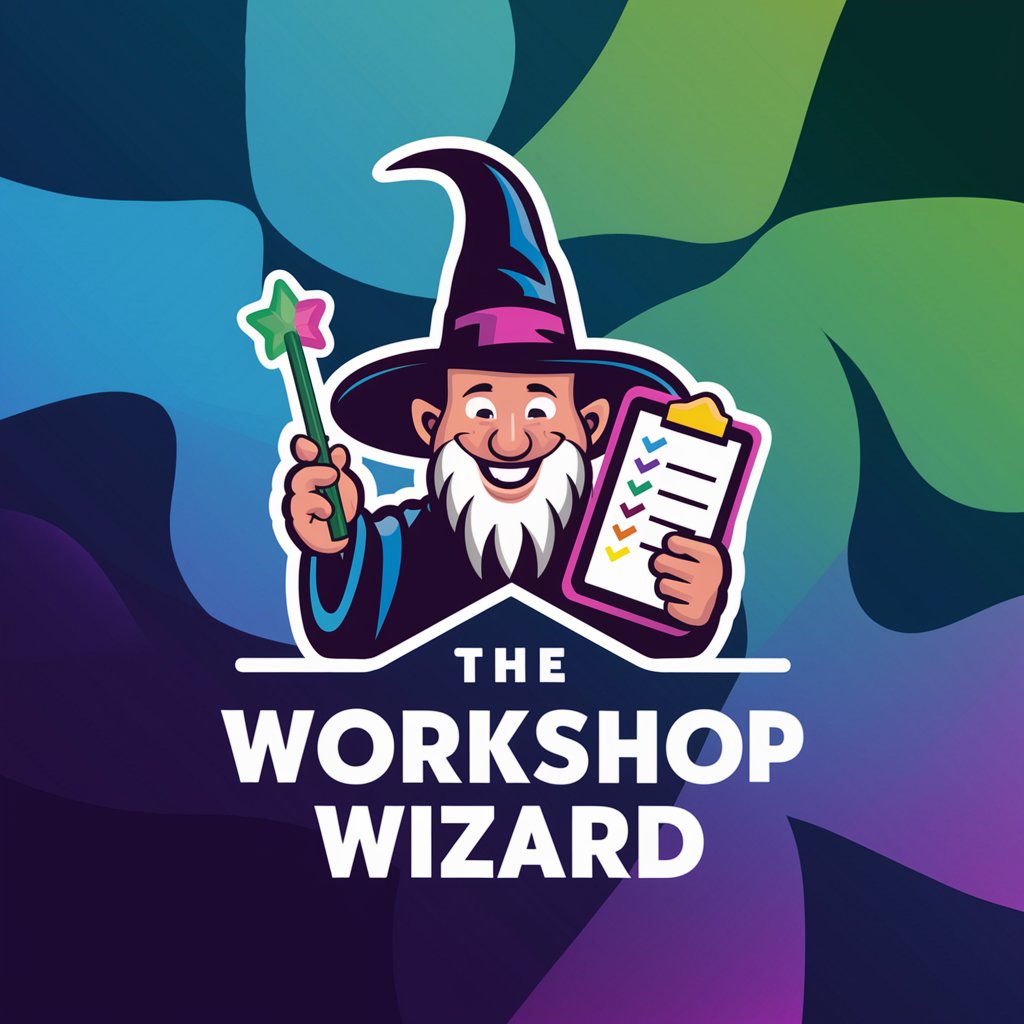
Serenity Assistant
Empowering mindfulness with AI.
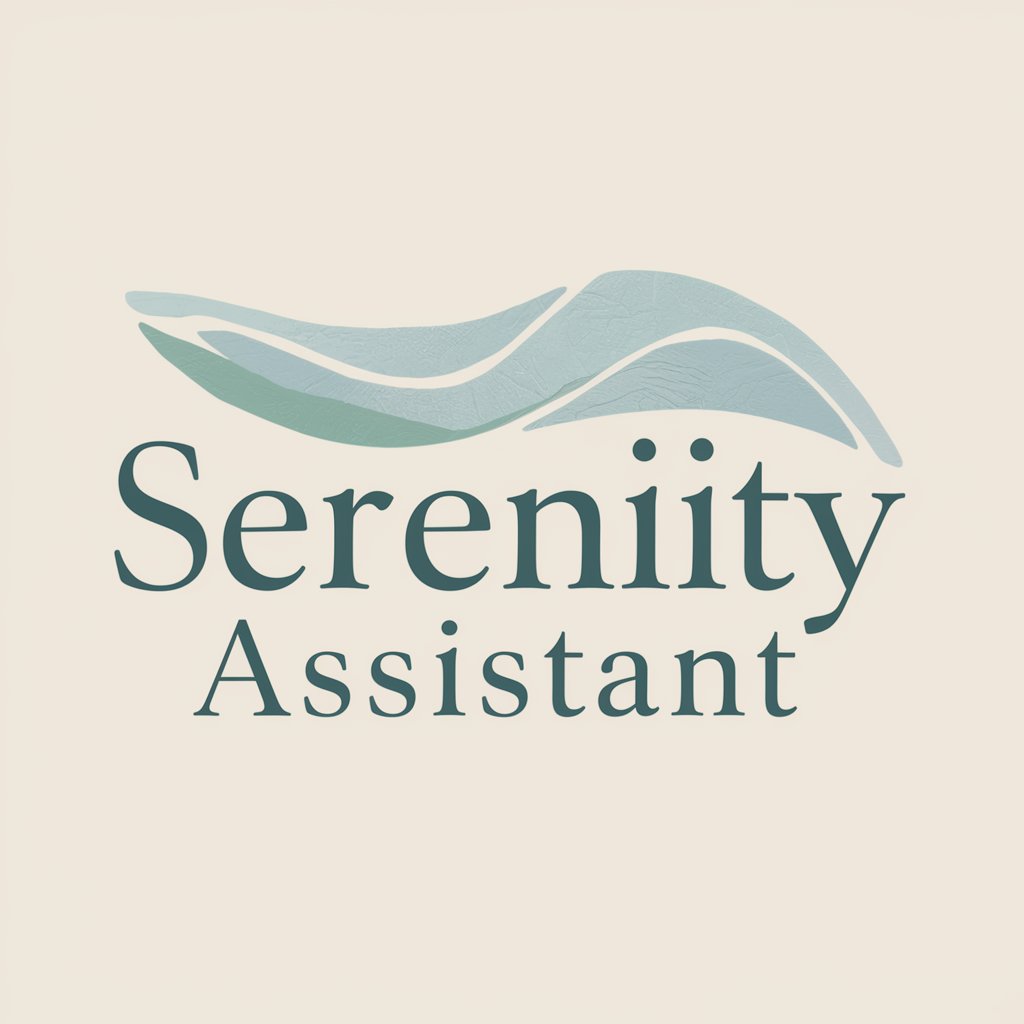
Discover OT
Empowering OT Knowledge with AI
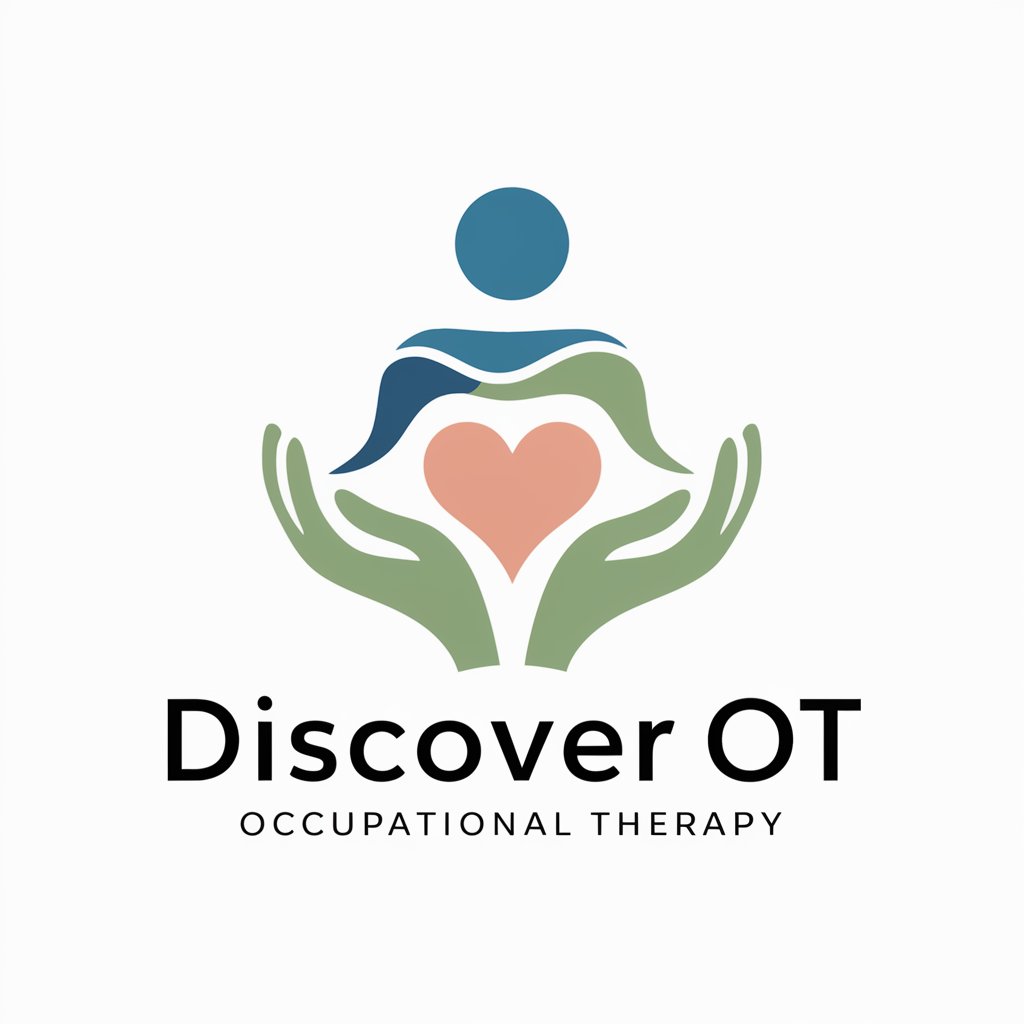
**Criador de LSI**
Power your content with AI-driven SEO

One-on-One Coach FAQs
What makes One-on-One Coach unique?
One-on-One Coach specializes in enhancing one-on-one meetings by offering personalized advice based on your specific challenges and goals, leveraging AI to provide nuanced and context-aware guidance.
Can One-on-One Coach help with goal setting?
Absolutely. It offers strategies for setting clear, actionable goals with your staff, ensuring that both managers and employees are aligned and focused on key objectives.
How can I get the most out of One-on-One Coach?
Provide detailed information about your management style, challenges, and objectives for your one-on-one meetings. The more context you give, the more tailored and effective the advice will be.
Is One-on-One Coach suitable for remote teams?
Yes, it is designed to support managers of both in-office and remote teams. It offers insights into maintaining effective communication and engagement, regardless of location.
How does One-on-One Coach incorporate feedback?
It encourages users to reflect on the outcomes of their meetings and adjust their strategies based on staff feedback, promoting a continuous cycle of improvement and adaptation.
